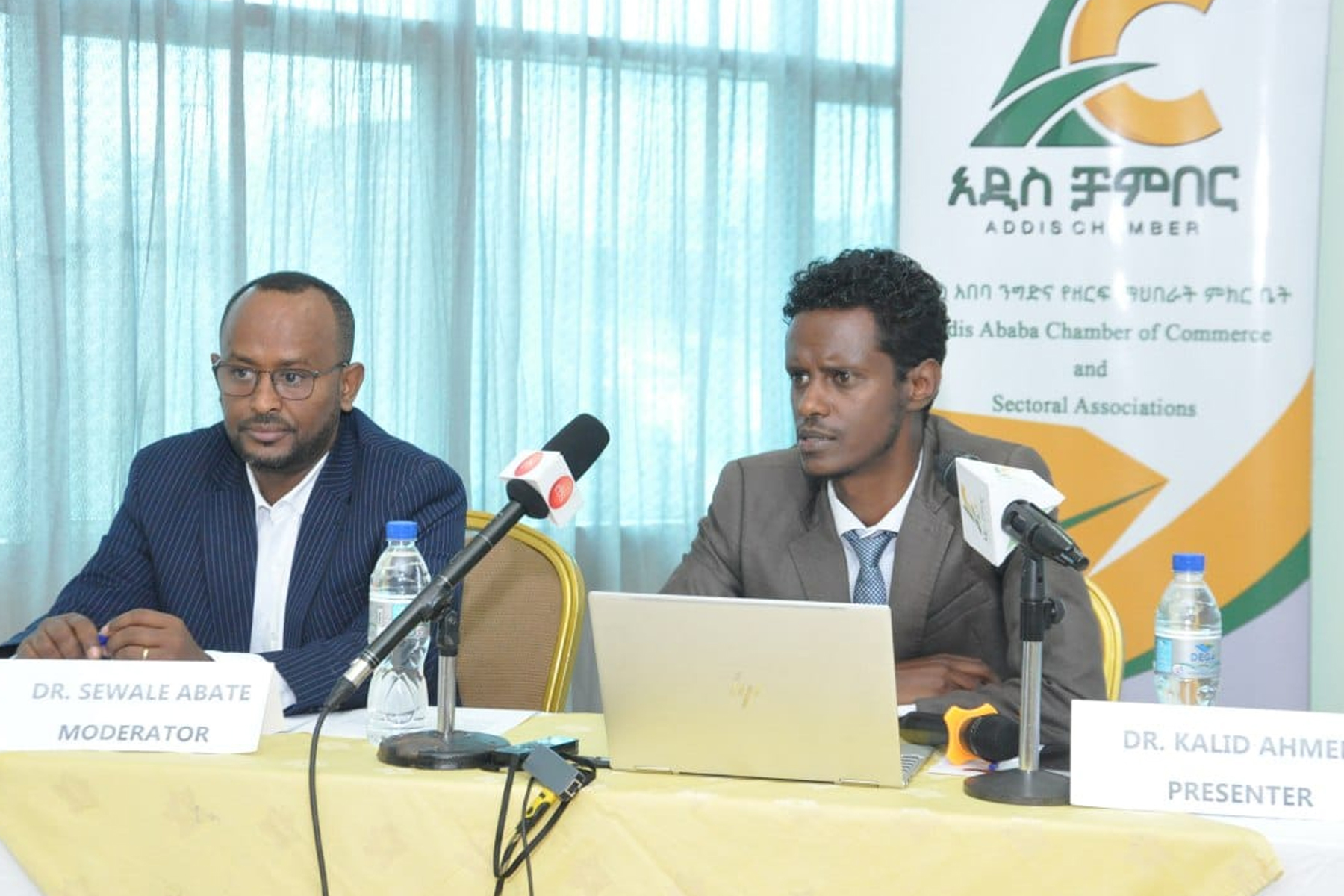
Radar | Apr 08,2024
Feb 23 , 2019
By
Western countries, led by the United States, have been uncontested in their exercise of global power, playing the chief role in geopolitics. The rest of us, including Asians, were living in America’s world.
But no empire is bound to last forever. With the ascendancy of China and the insistence of Russia on playing a global role no matter the consequence to its domestic economy, the West is no longer the sole source of political, social and economic influence in the world. It is not just the matter of Russia and China asserting themselves in the international scene, it is also the fact that both the United States and the European Union seem to be unraveling from the inside.
And as global power dynamics reshape itself, countries across the world are trying to reorient their foreign policies accordingly. Ethiopia is also trying to adapt to the new reality, with the current foreign policy strategy, which had been introduced in 2002, under review.
The recommendation from analysts and veteran diplomats such as Takeda Alemu (PhD), former envoy to the United Nations, is that the nation has to maintain its neutrality and retain positive diplomatic relationships between the superpowers.
If Ethiopia can remain neutral at a time when global rivalries can potentially turn into conflict, and then after, it would be the most ideal of scenarios. It should also be the first path of recourse the nation should consider when global powers come knocking for alliances.
But the current discussion on the need for neutrality bases itself on the assumption that the major powers will ask nicely, or that the chief means of baiting countries such as Ethiopia is through foreign direct investment (FDI) and trade.
If one goes by how previous rivalries have culminated, most poor nations were never given a chance of choosing neutrality. For Ethiopia, the 1930s led to an invasion by one of the Axis powers, and the 70s and 80s saw a government propped up by the Soviet Union and rebel armies financed by Western nations. Non-alignment is impossible under such circumstances.
But, some would wonder, if the Swiss can maintain their neutrality through two World Wars, why can Ethiopia not manage the same in a state of intense global rivalry?
What is not mentioned about Switzerland’s neutrality was the fact that it was a heavily armed nation, perhaps unable to defeat a German Nazi army, but substantially wear it down. It was also a factor that, while the country was always on Hitler’s chopping list, the war ended in six years with his defeat.
Ethiopia will not be as lucky. It is not a country that will be able to assert any serious resistance if, say, the US holds back aid. And neither is it a country that will be given lesser attention than its neighbours, as was the case with Switzerland, but finds itself at the centre of one of the most strategic regions in the world.
Pragmatism should be the way forward in foreign policy. Pundits have stressed that Ethiopia should not punch above its weight when it comes to international affairs, and this may be a suggestion that rules out neutrality.
Largely dependent on how intense the rivalry between global powers becomes, non-alignment could be an ideal aspiration in non-ideal circumstances. It has already become dangerous to maintain neutral positions on the China-Taiwan, US-Iran and Israel-Palestine relations, and it is likely to only get worse.
There needs to be a plan to fall back on for nations such as Ethiopia. Choices may have to be made, and sides may have to be taken. Under such circumstances, a nation should choose to side with those that are democracies with a record of upholding political and human rights.
There is a certain uniformity in how alliances are made across the world, and they are usually between countries that subscribe to similar principles and ideologies, helping to further fortify these views.
A country like Ethiopia, an aspiring democracy, should thus look to republics if push comes to shove and a choice needs to be made. Republics, not always, but mostly, consider the well being of an ally’s citizens as an important factor for diplomatic and economic relations.
Autocracies are less likely to be concerned about how citizens are treated in an allied country. This would feed all the wrong impulses of governments in countries without established democracies. Alliances with non-republics should be avoided whatever the economic opportunities that may be gotten.
PUBLISHED ON
Feb 23,2019 [ VOL
19 , NO
982]

Radar | Apr 08,2024
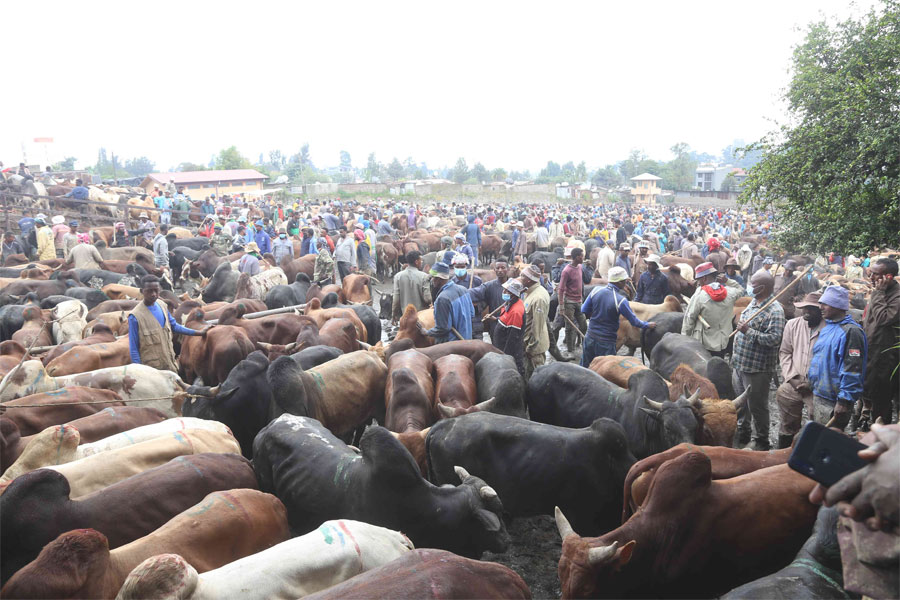
Fortune News | May 27,2023

Fortune News | May 24,2021

Sunday with Eden | Jun 14,2025
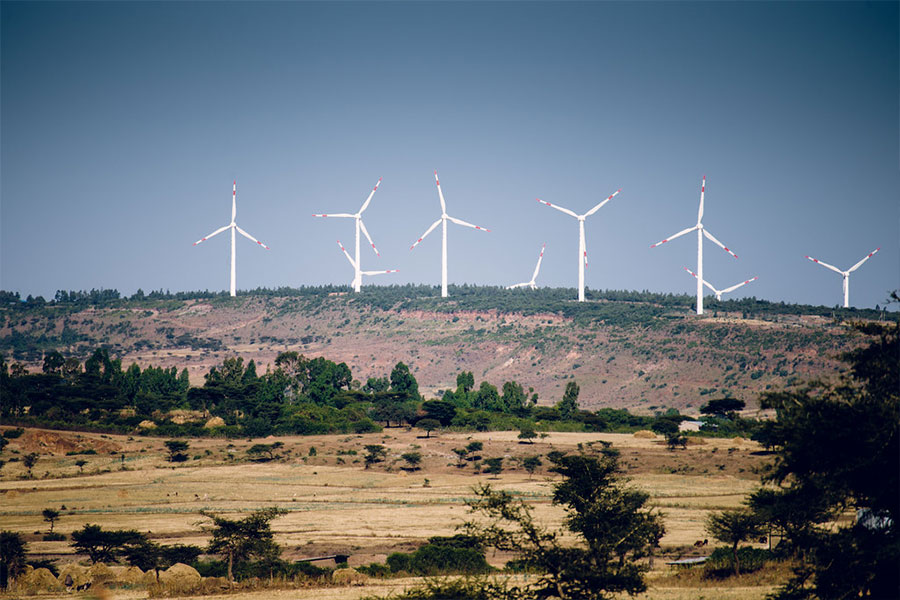
Fortune News | Apr 22,2022

Fortune News | May 13,2023
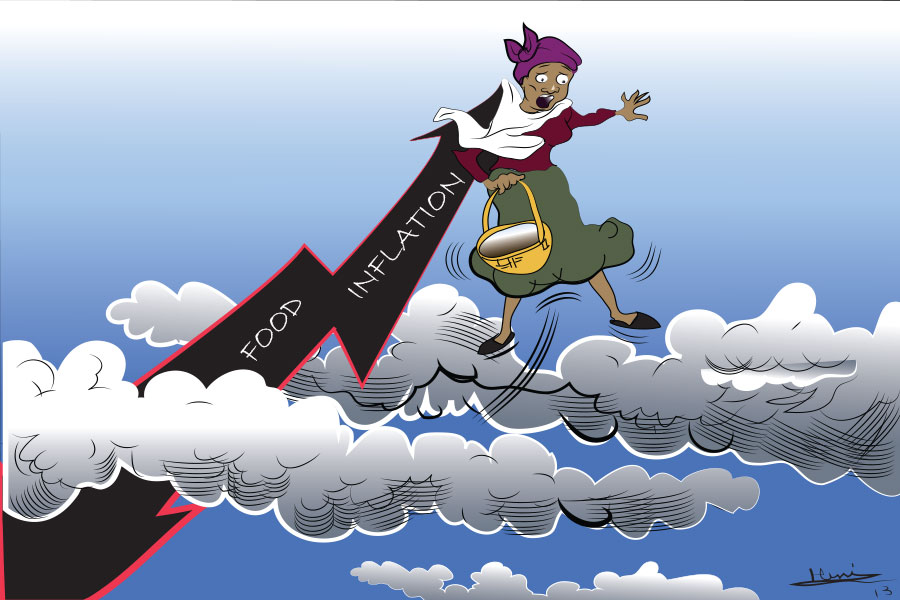
Editorial | Jul 24,2021

Viewpoints | Feb 15,2020
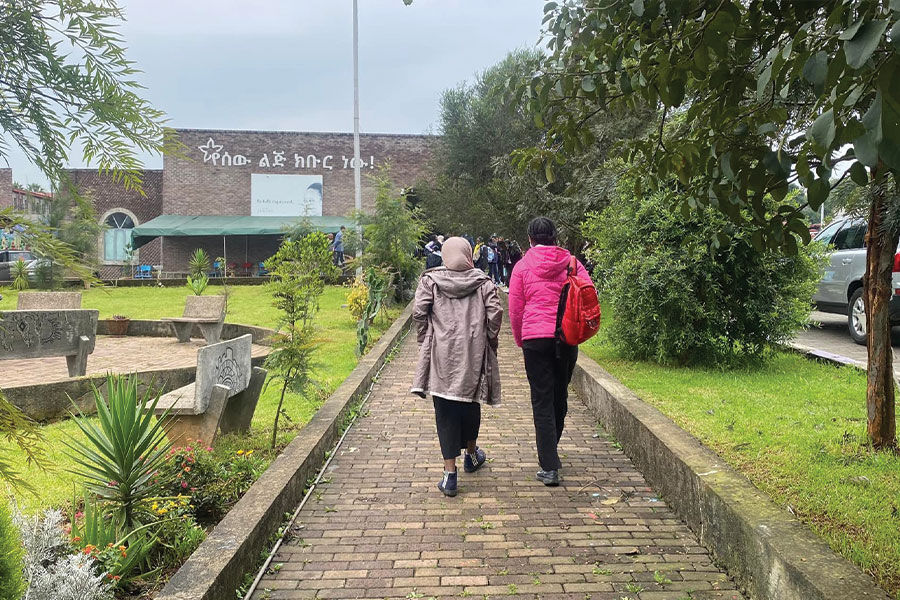
Fortune News | Aug 09,2025

Radar | Nov 19,2022

Photo Gallery | 180384 Views | May 06,2019

Photo Gallery | 170584 Views | Apr 26,2019

Photo Gallery | 161626 Views | Oct 06,2021

My Opinion | 137278 Views | Aug 14,2021

Dec 22 , 2024 . By TIZITA SHEWAFERAW
Charged with transforming colossal state-owned enterprises into modern and competitiv...

Aug 18 , 2024 . By AKSAH ITALO
Although predictable Yonas Zerihun's job in the ride-hailing service is not immune to...

Jul 28 , 2024 . By TIZITA SHEWAFERAW
Unhabitual, perhaps too many, Samuel Gebreyohannes, 38, used to occasionally enjoy a couple of beers at breakfast. However, he recently swit...

Jul 13 , 2024 . By AKSAH ITALO
Investors who rely on tractors, trucks, and field vehicles for commuting, transporting commodities, and f...

Nov 1 , 2025
The National Bank of Ethiopia (NBE) issued a statement two weeks ago that appeared to...

Oct 25 , 2025
The regulatory machinery is on overdrive. In only two years, no fewer than 35 new pro...

Oct 18 , 2025
The political establishment, notably the ruling party and its top brass, has become p...

Oct 11 , 2025
Ladislas Farago, a roving Associated Press (AP) correspondent, arrived in Ethiopia in...

Nov 2 , 2025
The National Bank of Ethiopia (NBE) has scrapped the credit-growth ceiling that had s...

Nov 2 , 2025 . By SURAFEL MULUGETA
The burgeoning data mining industry is struggling with mounting concerns following th...

Nov 2 , 2025 . By YITBAREK GETACHEW
Berhan Bank has chosen a different route in its pursuit of a new headquarters, opting for a transitional building instea...

Nov 2 , 2025 . By BEZAWIT HULUAGER
Nib International Bank S.C. has found itself at the epicentre of a severe governance...